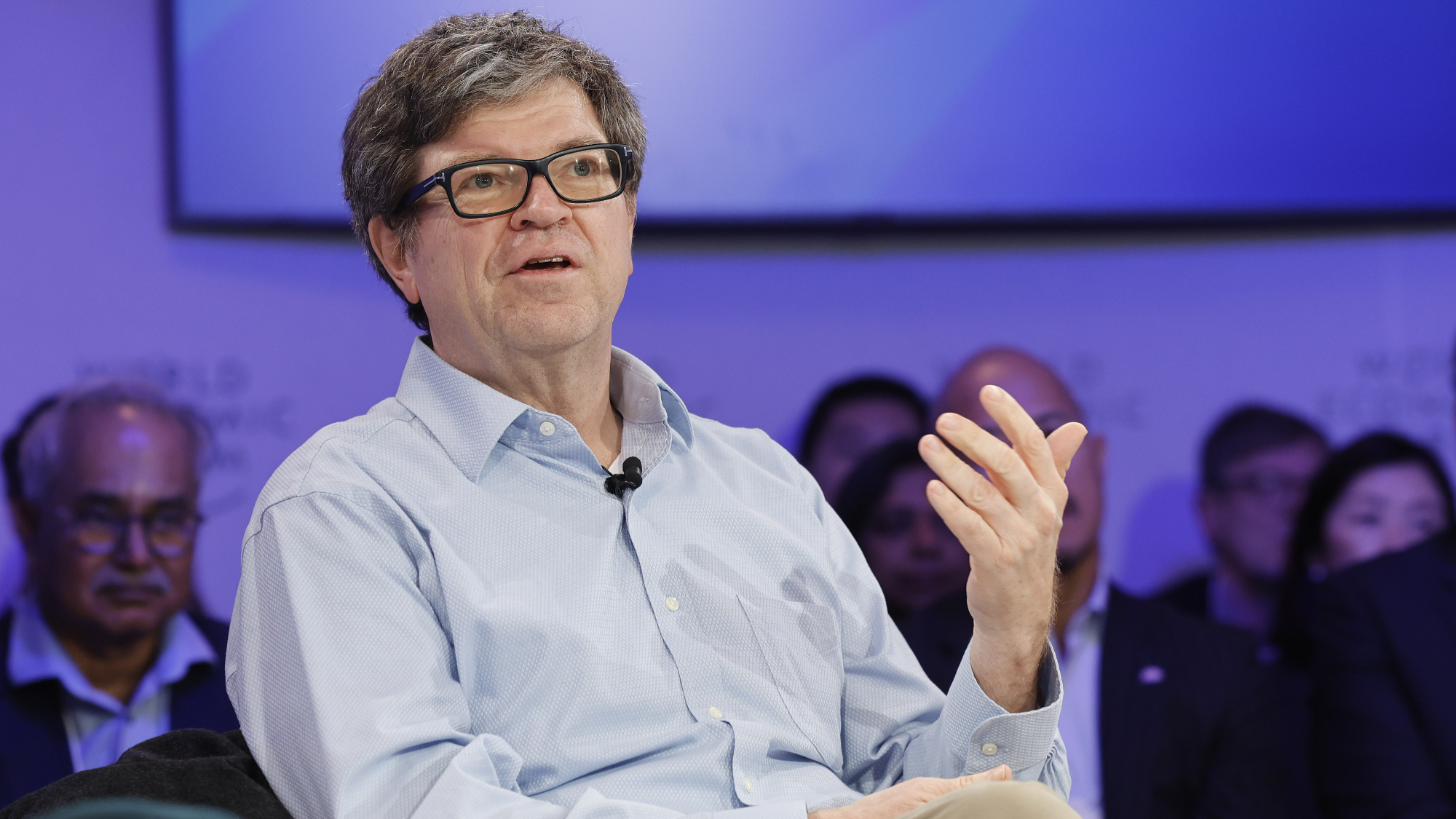
AI is a worrisome subject. From the potential of LLMs misinforming people en masse through chatbots or generative AI posing a risk to the future of many great artists' careers, all the way to Skynet taking over and conquering humanity. Alright, one of those is far less likely to happen than the others but it's still a debate many are having, and a chief AI scientist at Meta reckons we all have nothing to worry about.
In a new report for The Wall Street Journal, Meta Chief AI scientist Yann LeCun was asked if humans should be afraid of the future of AI. To which he said: "You’re going to have to pardon my French, but that’s complete B.S."
LeCun has an impressive resume in AI, winning a Turing Award in 2018 for his work in deep learning. He has since been proclaimed as one of the "godfathers of AI", as pointed out in the original report. That is to say, he has tonnes of experience in the field.
He told the reporter above that AI is dumber than a cat, and this mimics a similar report from Apple scientists on the limitations of LLMs (Large Language Models) reported recently. This report suggests that LLMs can't reason as humans do, and shows a "critical flaw in LLMs' ability to genuinely understand mathematical concepts and discern relevant information for problem-solving."
This is not LeCun's first time publicly dissuading ire and fear around AI. In May this year, he had a spat with Elon Musk, where LeCun not only doubted Musk's promises around xAI (X's own AI) but also Musk's politics. When challenged on his credentials by Musk, Lecun produced 80 technical papers he has published over the previous two years, and Musk told him "That’s nothing, you’re going soft. Try harder!".
Understandably, Musk's arrogance led to much support for LeCun, as can be shown in the likes to his original tweets.
Meta has been exploring its own AI and users have been expressing their distrust through the "Goodbye Meta AI" chain mail. Meta is currently involved in many types of AI use, so comparing its intelligence to humans could be potentially missing some of the arguments people are making against it.
It's important to note that users' worries about AI don't just rely on fears of Skynet and AI surpassing human intelligence. Much of the fear around it is cultural, political, legal, and artistic. It doesn't necessarily matter how good or bad AI is in a technical sense if it replaces human art and creativity, and it doesn't need to be smarter than a housecat to do that.
Hey, even a housecat can knock your computer off your desk.







